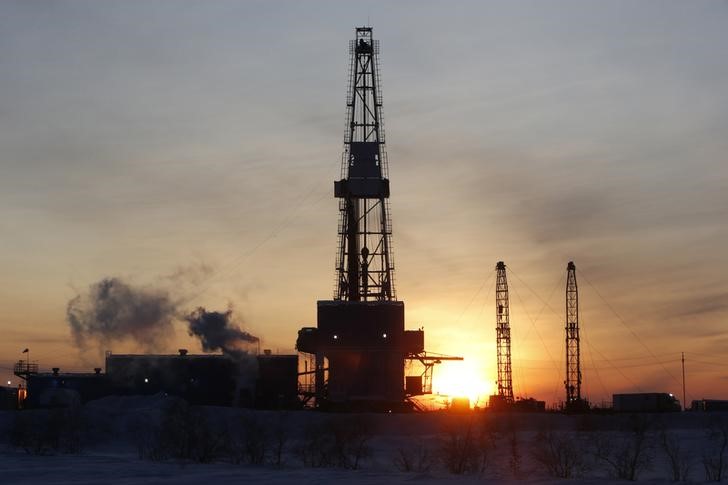(Bloomberg) -- Oil slipped in Asia amid increasing virus infections after surging on Monday following news of a potential vaccine breakthrough that offered grounds for optimism on long-term demand prospects.
Futures in New York fell as much as 1.2%, after jumping 8.5% on Monday in the biggest daily advance since May. Crude joined a broad asset market rally after Pfizer Inc. (NYSE:PFE) and BioNTech SE (NASDAQ:BNTX) revealed that their vaccine had prevented more than 90% of symptomatic infections in a large-scale study. Still, with virus cases surging in parts of the U.S. and Europe, and lockdown measures tightening, the prospect for a near-term pick up in consumption remain gloomy.
“A viable vaccine is unequivocally game-changing for oil -- a market where half of demand comes from moving people and things around,” JPMorgan (NYSE:JPM) analysts including Natasha Kaneva said in an emailed note. “But, as we have written previously, oil is a spot asset that must first clear current supply and demand imbalances before one-to-two-year-out prices can rise.”
Monday’s price jump was magnified by short-sellers who were forced to close their positions in a rush, triggering a buying spree that exaggerated the impact of the vaccine news. The price movement was particularly significant for so-called timespreads, where traders bet on the price of oil at different points on the calendar. In the options market, bets on the WTI curve flipping to backwardation -- when nearer-dated contracts trade at a premium to later-dated ones -- indicate underlying expectations for improving demand.
The latest price rally could make it more difficult for OPEC and its allies to postpone their planned supply increase in January, Ole Sloth Hanson, head of commodity strategy at Saxo Bank, said in a note, although Saudi Arabia’s energy minister on Monday reiterated that the agreement might be tweaked. The producer bloc is due to meet at the end of November to discuss whether to proceed with plans to add an extra 2 million barrels a day of output.
Meanwhile, oil stockpiles are declining more slowly than previously estimated and won’t return to pre-pandemic levels until 2022 at the earliest, according to the Oxford Institute of Energy Studies.
Oil will probably range between $40 and $45 per barrel next year, Eni SpA Chief Executive Officer Claudio Descalzi said, while Occidental Petroleum Corp (NYSE:OXY).’s CEO Vicki Hollub gave a more bullish projection, saying improving demand could cause prices to spike starting from mid-2022.
©2020 Bloomberg L.P.
